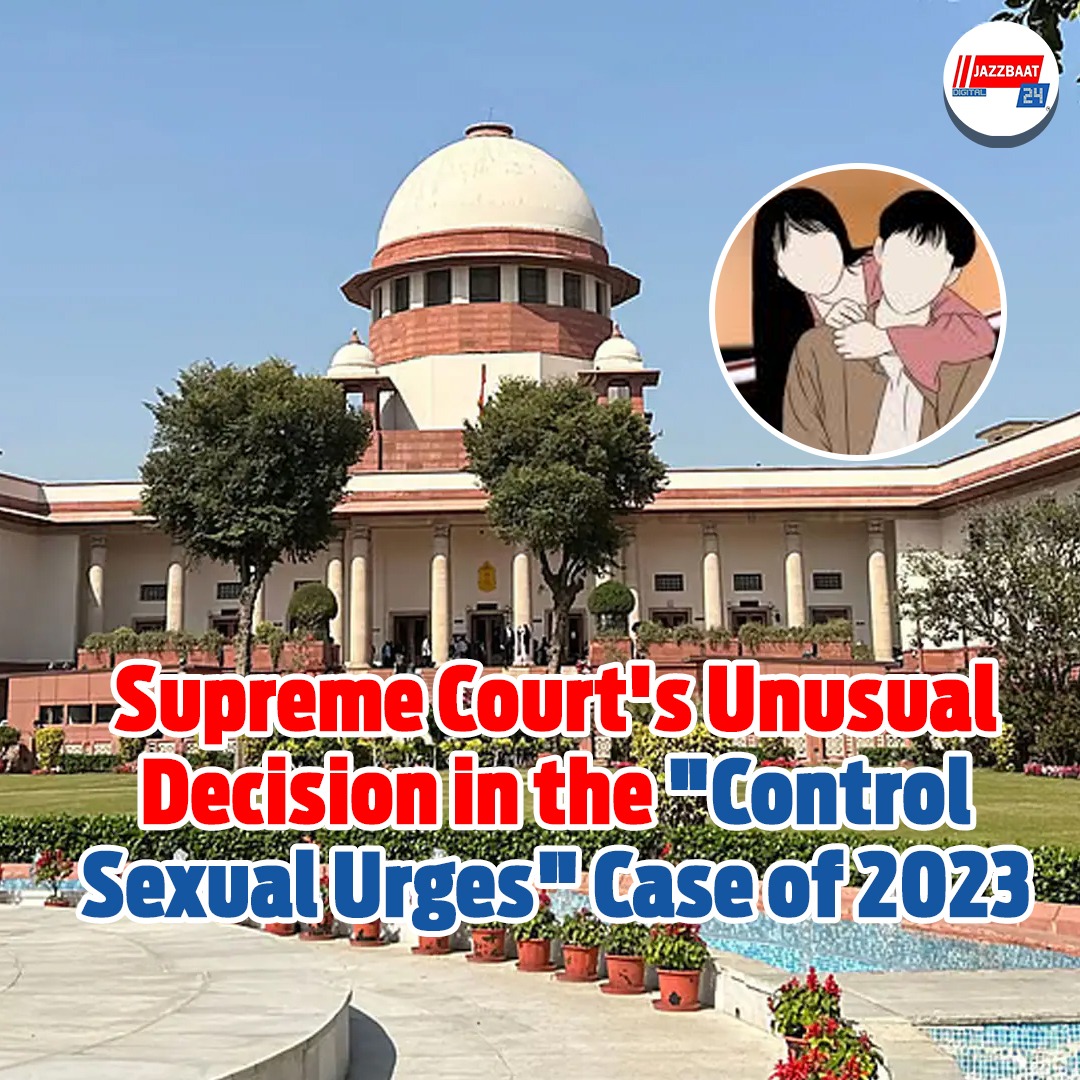
*The man, who was 24 years old at the time of the offense, had previously been found guilty of having sex with a young girl. When she became an adult, he married her.*
New Delhi: Citing the particular facts of the case, the Supreme Court has decided that a man found guilty under the Protection of Children from Sexual Offenses (POCSO) Act will not get a term. Using the Court's authority under Article 142 of the Constitution, a bench consisting of Justices Abhay S. Oka and Ujjal Bhuyan made the ruling. The man, who was 24 years old at the time of the offense, had previously been found guilty of having sex with a young girl. When she became an adult, he married her. Now, the couple and their child share a home.
In a landmark decision, the Supreme Court utilized its extraordinary powers under Article 142 to provide "complete justice" in a case where the victim, now an adult, did not perceive the incident as a crime and had developed an emotional attachment to the accused. The Court's ruling highlighted how the victim was failed by society, the legal system, and her own family, suffering trauma not from the "legal crime" itself, but from its aftermath, including interactions with the police and legal battles to protect the accused.
*Backstory and Calcutta High Court's Controversial Remarks*
The case initially reached the Supreme Court following a controversial 2023 judgment by the Calcutta High Court. The High Court had acquitted the man, overturning his 20-year sentence with sweeping and widely criticized comments about adolescent girls needing to "control sexual urges" and society viewing them as "losers" in such encounters. The Supreme Court took up the case to review both the acquittal and the High Court's problematic observations.
*Supreme Court's Intervention and Committee Findings*
On August 20, 2024, the Supreme Court set aside the Calcutta High Court's acquittal and reinstated the man's conviction. However, instead of immediate sentencing, the Court ordered a fact-finding process. An expert committee, including a clinical psychologist and a social scientist, was formed to assess the victim's current circumstances and emotional well-being. The committee's report, submitted in a sealed envelope, revealed the victim's strong emotional attachment to the accused and her small family. After reviewing these findings and speaking with the victim, the Court noted on April 3 this year that she required financial assistance and advised vocational training or part-time employment after her 10th board exams, acknowledging that "The system failed her at multiple levels."